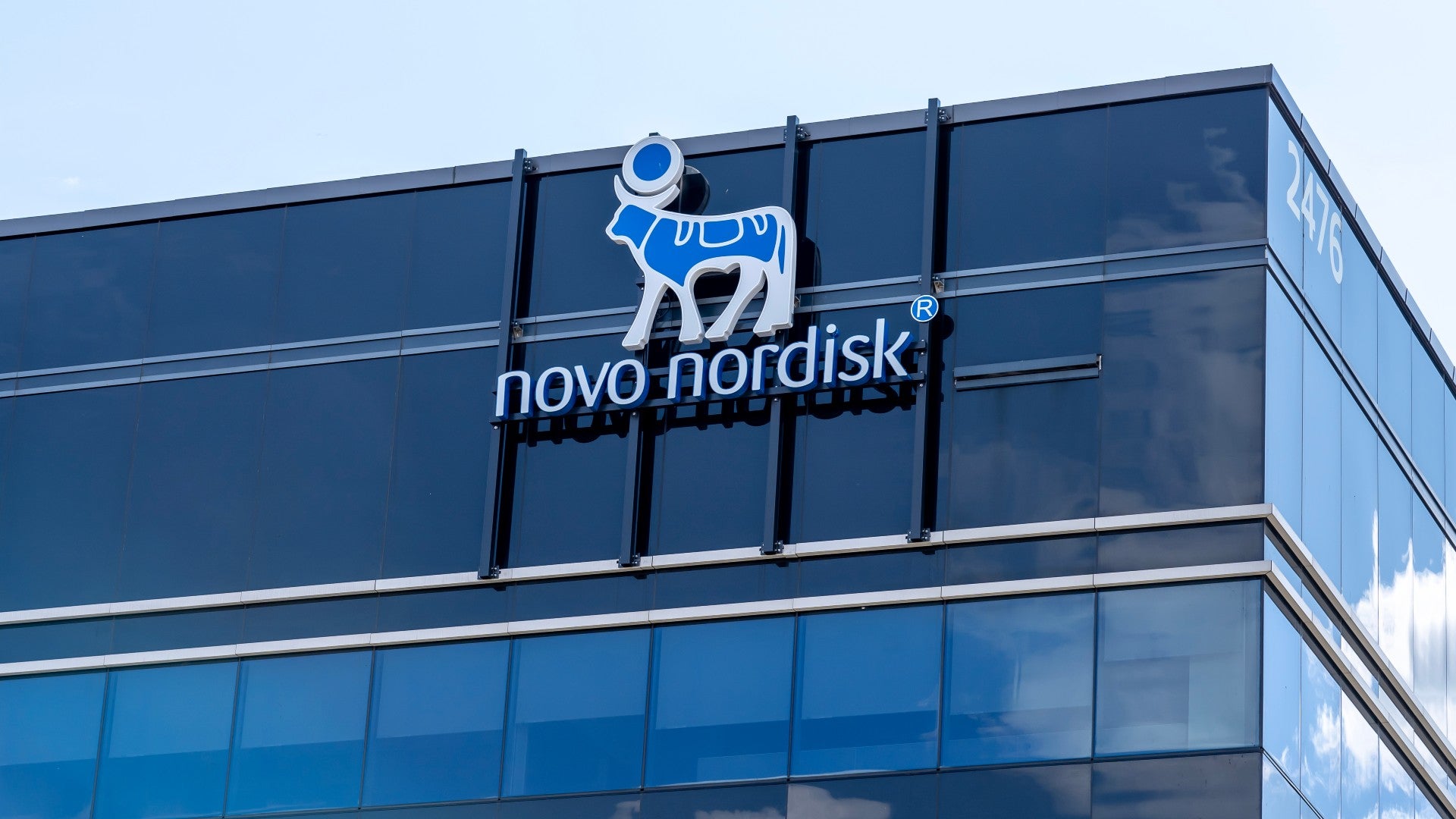Spark Therapeutics partners with SpliceBio for gene therapy
Spanish biotech SpliceBio has signed a licensing agreement with Spark Therapeutics to utilise the latter’s proprietary protein splicing platform and develop a gene therapy for an undisclosed inherited renal disease. The Barcelona-based SpliceBio will receive up to $216m in payments plus royalties on net sales in the collaboration. Spark Therapeutics will hold global rights for the therapy developed, manufactured, and commercialised during the course of the partnership. Spark Therapeutics’ proprietary splicing platform allows the delivery of large genes with adeno-associated vectors (AAV), addressing diseases that cannot currently be treated due to the gene being too large. Spark, which is a part of Roche, is an established company in the gene therapy field, having discovered and developed the AAV gene therapy Luxturna (voretigene neparvovec) for the treatment of patients with biallelic RPE65 mutation-associated renal dystrophy. The US Food and Drug Administration (FDA) approved the treatment in December 2017. According to GlobalData, Luxturna will generate $294m in sales by 2029. GlobalData is the parent company of Pharmaceutical Technology. SpliceBio, formerly known as ProteoDesign, rebranded in 2020 after an investment led by Ysios Capital. Recent partnerships for developing gene therapies include Spark Therapeutics collaboration with Neurochase for the treatment of rare central nervous system (CNS) disorders. In an statement accompanying the collaboration, chief Science and Technology officer at Spark Therapeutics Federico Mingozzi said: “With our complementary capabilities, combined deep technical knowledge and SpliceBio's revolutionary platform capabilities, we aim to further advance progress in the treatment of inherited retinal diseases, bringing new transformational gene therapies into the clinic and eventually to the global market." Cell & Gene Therapy coverage on Pharmaceutical Technology is supported by Cytiva. Editorial content is independently produced and follows the highest standards of journalistic integrity. Topic sponsors are not involved in the creation of editorial content.

What's Your Reaction?

































